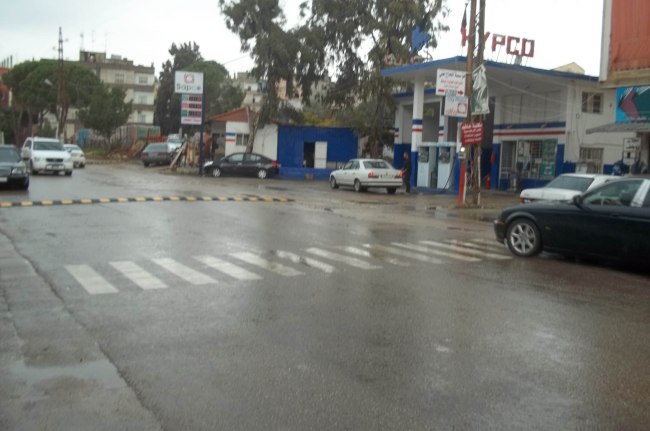
By Gulf News – Joseph A. Kechichian, Senior Writer
Beirut: Notoriously undisciplined drivers in Lebanon loathe the many
speed bumps on public roads, which various municipalities erected to cut
down on accidents, many of which tend to be fatal. A recent memo from
the Ministry of Public Works and Transportation ordered their removal,
allegedly because they were established illegally, which sparked heated
debates among road safety organisations. In one of his first
decisions, Minister Yusuf Fenianos issued an official memo to all
provincial governors in which he stated that it was imperative “to
remove bumps from public roads since they violate the law and endanger
citizens’ safety as well as distort the roads.”
It was unclear how
these speed bumps violated the law although many guessed that the real
reason for the rebuke was to revert the decision-making back to the
central bureaucracy, away from local authorities. Equally
troubling was the overall neglect to safety given that everyone
acknowledged the bumps forced irresponsible drivers to reduce their
car’s speed, especially in mountainous areas where winding roads did not
allow for fast circulation.
According to Joe Daccache,
vice-president of the road safety organisation YASA International, speed
bumps can be dangerous when placed on highways and contribute to more
accidents. He told a local newspaper that engineering studies were
required to determine where they ought to be “located and placed — for
example, near schools, hospitals, pedestrian crossings or even
construction sites” — and that clear warning signs ought to be posted,
too.
Although Lebanon has various speed limit zones, the reality is
something else, especially since few traffic cops dare stop those who
ignore the law. Most drivers speed recklessly and invent additional
lanes at will, which effectively translate into four or five traffic
lanes where space limits it to two or three.
According to the latest Global Status Report on Road Safety,
published by the World Health Organisation, data published in 2015,
road traffic accidents deaths in Lebanon reached 1,088, or about 5 per
cent of total deaths. In fact, the age-adjusted Death Rate in the
country is 20 per 100,000 of the entire population that ranks Lebanon
Number 84 in the world, just ahead of Columbia.
Iran and Iraq top this list with 44 and 41 per 100,000, respectively.
In
Lebanon, only heart attacks and strokes cause more deaths than car
crashes each year, which is the chief reason that local municipalities
install speed bumps. The Ministry of Public Works and Transportation may
however be justified to intervene to ensure that these barriers meet
specific standards — in terms of width and height — as well as avoid
damage to vehicles or riders, even if everyone acknowledges that they
save lives.
Because of the country’s mountainous geography, which
makes it appear to be far larger than it actually is, blind
intersections abound that necessitate speed bumps to avoid a car crashes
and death. For George Karam, a young university student in love with
his car, “The bumps slow me down and though I do not like them, I try to
dawdle around them not to damage my vehicle.” He told Gulf News
that speeding was a thrill he truly enjoyed. “We are unruly drivers,”
he affirmed, “but we are also skilled and try to be careful.”



